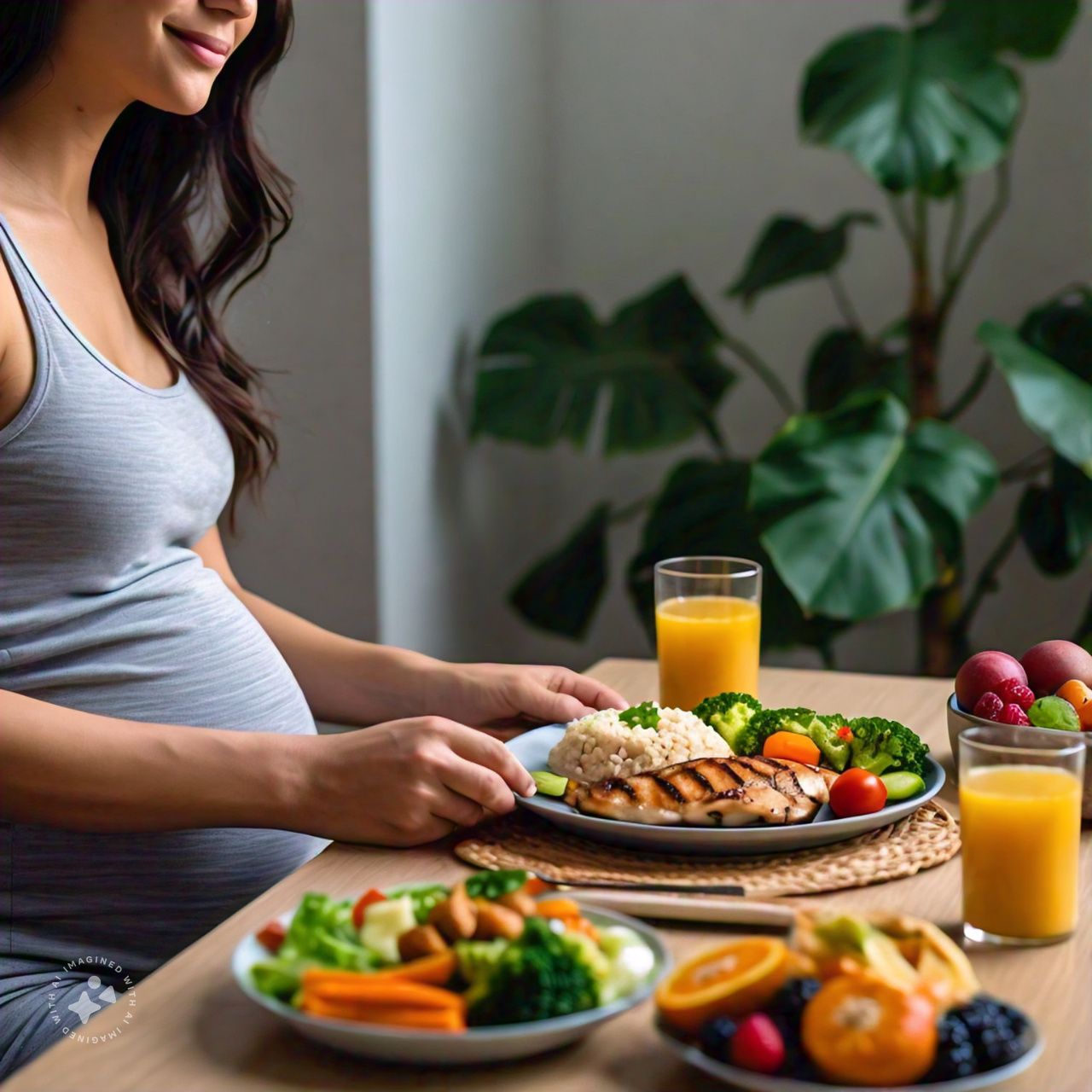WHAT TO EAT AND WHAT TO AVOID IN PREGNANCY
Pregnancy is a transformative journey that requires special attention to diet and nutrition. The food choices an expectant mother makes have a profound impact on both her health and the development of her baby. This guide provides an overview of essential nutrients, recommended foods, and dietary tips for a healthy pregnancy.
You don’t have to eat more but you do have to eat more variety.If you are pregnant with one fetus, you need an extra 340 calories per day starting in the second trimester and a bit more in the third trimester.
Essential Nutrients for Pregnancy
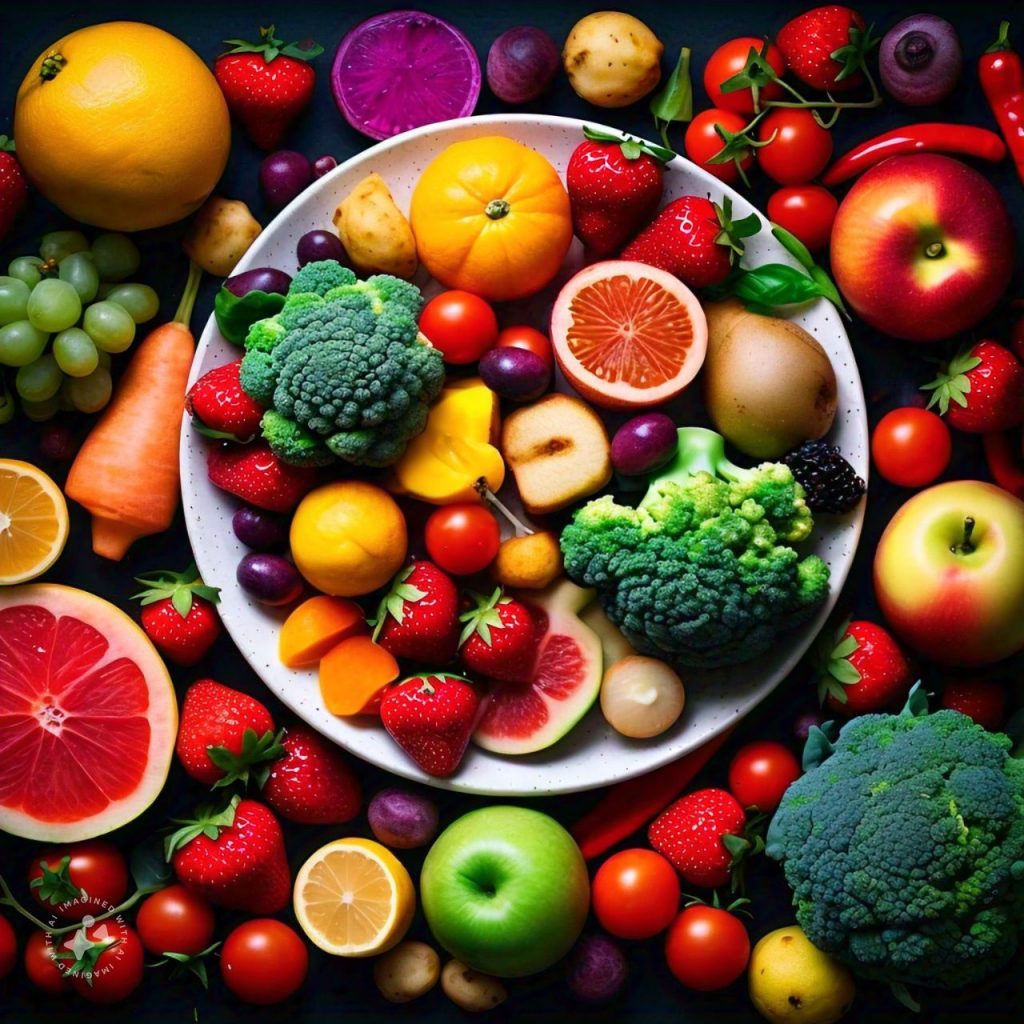
1. Folic Acid- Crucial for preventing neural tube defects, folic acid is vital in the early stages of pregnancy. Sources include leafy green vegetables, fortified cereals, and legumes.
2.Iron– Iron supports the increased blood volume during pregnancy and helps prevent anemia. Good sources are lean meats, spinach, beans, and fortified grains,ragi,
3.Calcium– Essential for the development of the baby’s bones and teeth, as well as maintaining the mother’s bone health. Dairy products, fortified plant milks, and leafy greens are excellent sources.
4. Protein-Necessary for the growth of fetal tissue, including the brain, and to support maternal tissue growth. Lean meats, poultry, fish, eggs, and plant-based sources like beans and nuts are beneficial.
5. DHA (Docosahexaenoic Acid)- A type of omega-3 fatty acid important for brain and eye development. Found in fatty fish such as salmon, fortified eggs, and algal oil supplements.
6. Vitamin D-Works in conjunction with calcium to develop the baby’s bones and teeth. Sun exposure, fortified dairy products, and fatty fish are primary sources.
7. Fiber-: Helps prevent constipation, a common issue during pregnancy. Whole grains, fruits, vegetables, and legumes are rich in fiber.
8)Choline-Choline plays a role in your fetus’s brain development. It may also help prevent some common birth defects. Experts recommend that you get 450 mg of choline each day during pregnancy.
Choline can be found in chicken, beef, eggs, milk, soy products, and peanuts. Although the body produces some choline on its own, it doesn’t make enough to meet all your needs while you are pregnant.
9) Vitamin C -Vitamin C is important for a healthy immune system. It also helps build strong bones and muscles. During pregnancy, you should get at least 85 mg of vitamin C each day if you are older than 19, and 80 mg if you are younger than 19.
You can get the right amount of vitamin C in your daily prenatal vitamin, and also from citrus fruits and juices, strawberries, broccoli, and tomatoes.
10)Iodine (220 micrograms)
Essential for healthy brain development
Iodized table salt, dairy products, seafood, meat, some breads, eggs
11)Water
Drink throughout the day, not just when you are thirsty. Aim for 8 to 12 cups of water a day during pregnancy.
Recommended Foods
1. Fruits and Vegetables- Aim for a variety of colors to ensure a range of nutrients. Examples include berries, oranges, carrots, spinach, and sweet potatoes,apple,kiwi,watermelon,banana
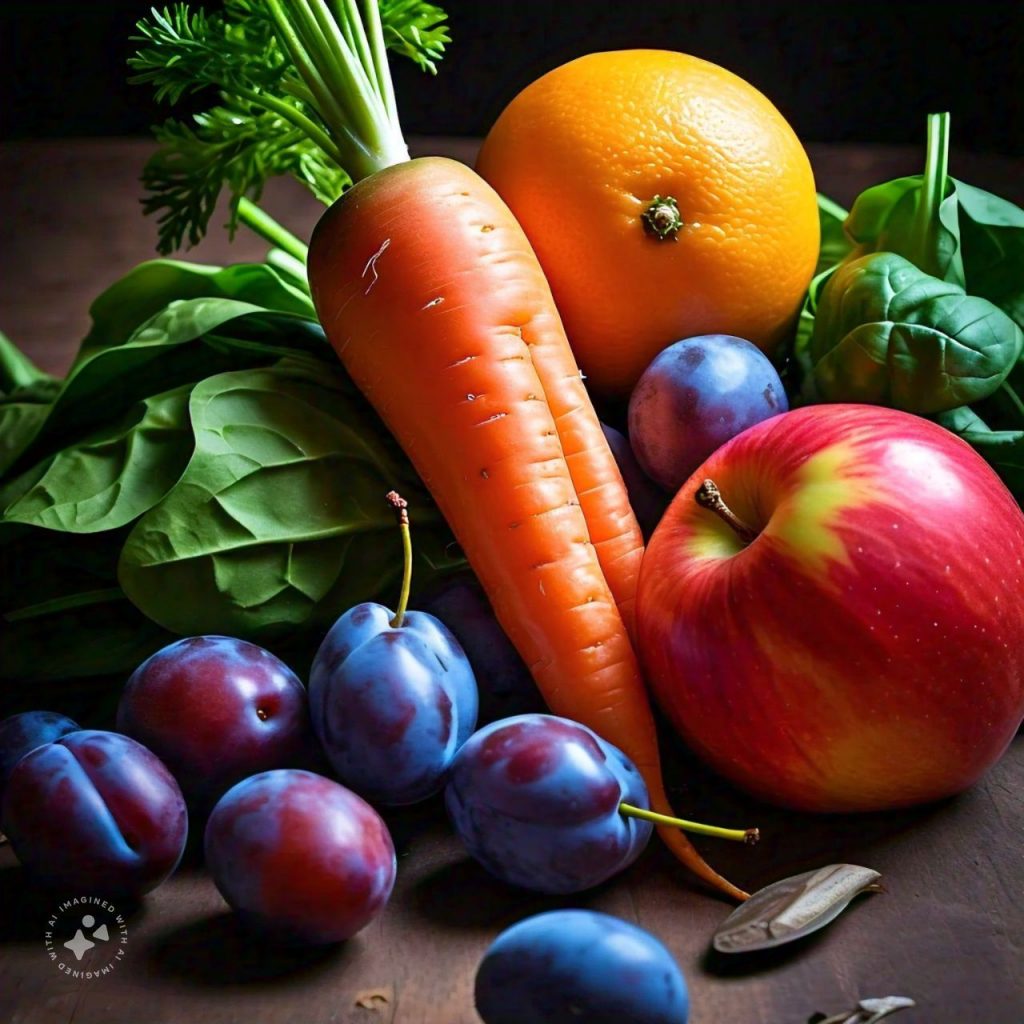
2. Whole Grains- Brown rice, whole wheat bread, quinoa, and oats provide essential fiber and nutrients.
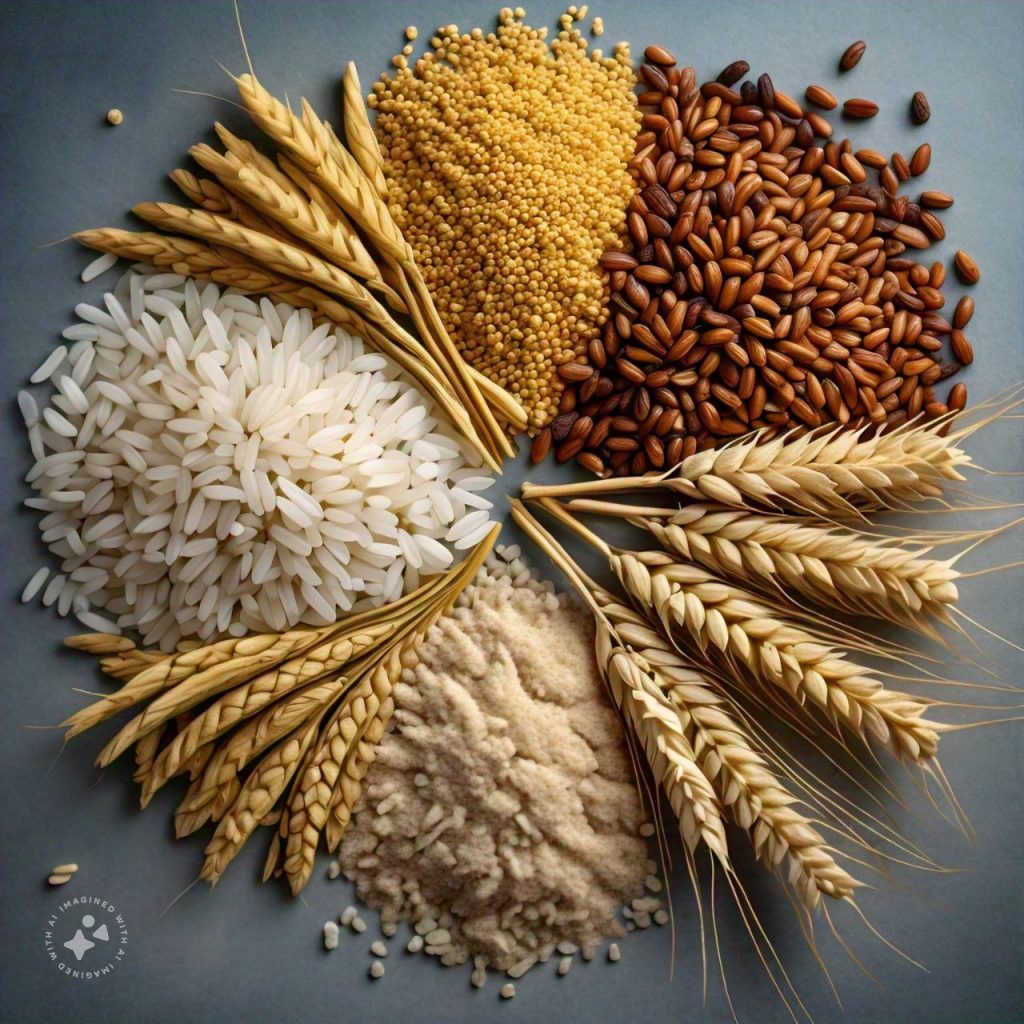
3. Lean Proteins-Chicken, egg,, tofu, legumes, and fish (with attention to mercury content) are excellent choices.
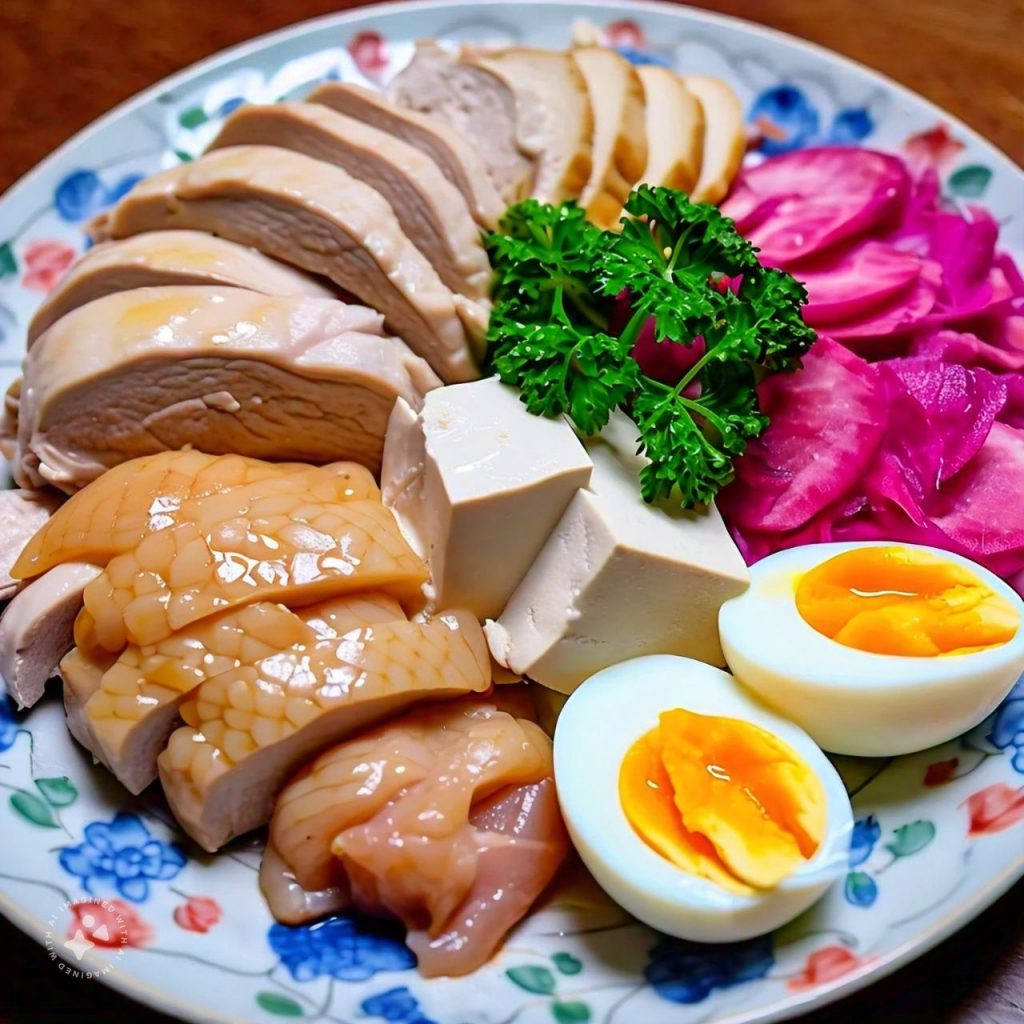
4.Dairy or Alternatives- Milk, cheese, yogurt, and fortified plant-based alternatives provide calcium and vitamin D.
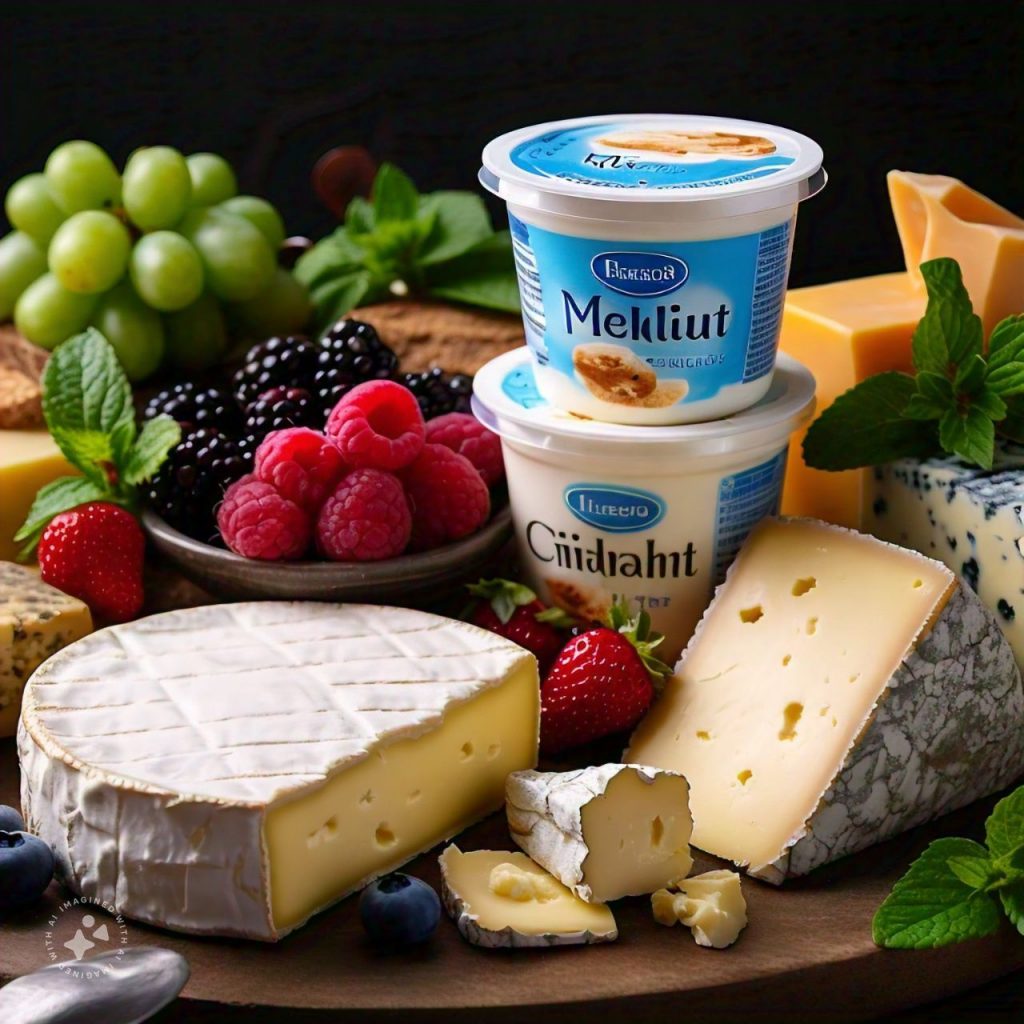
5. Healthy Fats-: Avocado, nuts, seeds, and olive oil contribute essential fatty acids.
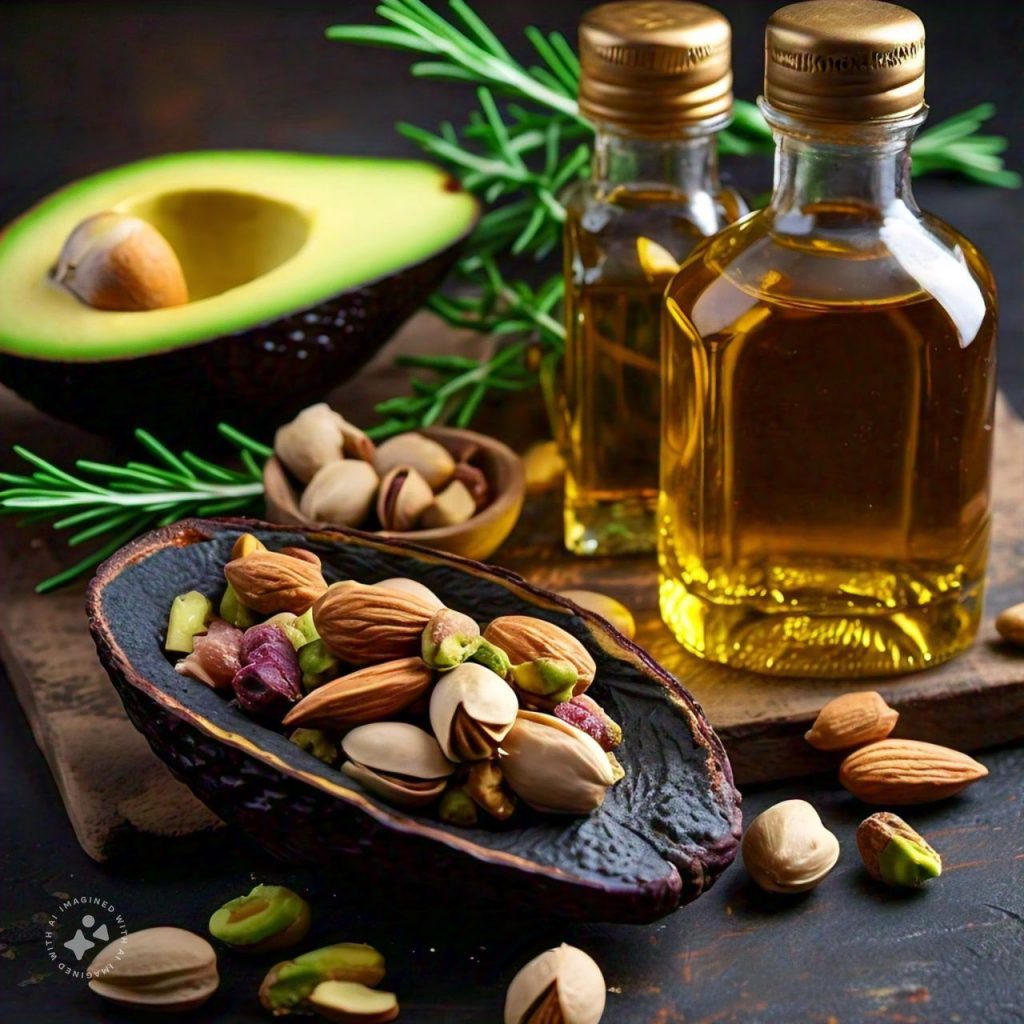
6.Fish-Omega-3 fats EPA and DHA are found in fatty fish, but not all fatty fish should be on the menu if you’re pregnant or nursing.
Safer fish options during pregnancy include wild salmon, sardines, herring and farmed oysters, which are all rich in omega-3s, lower in toxins and readily available.
The American College of Obstetrician and Gynecologists (ACOG) recommends that pregnant women aim for two to three servings (8 to 12 ounces total) a week of a variety of low-mercury fish.
Foods to Avoid
1)High-Mercury Fish-Swordfish, king mackerel, and shark should be avoided due to high mercury levels.
2)Raw or Undercooked Foods- Raw fish, undercooked meat, and eggs can harbor harmful bacteria.So it’s better to avoid
3)Unpasteurized Products- These can contain listeria, which is dangerous during pregnancy. Avoid unpasteurized milk and cheeses.
4.)Excessive Caffeine-Limit intake to 200 milligrams per day, roughly one 12-ounce cup of coffee, to avoid risks associated with high caffeine consumption.
5.)Alcohol: No amount of alcohol is considered safe during pregnancy, as it can lead to fetal alcohol spectrum disorders.
Tips for a Healthy Pregnancy Diet
1. Balanced Meals- Ensure each meal includes a mix of protein, healthy fats, and complex carbohydrates.
2.Frequent, Small Meals- Helps manage nausea and keeps energy levels stable.
3. Stay Hydrated- Drink plenty of water to support increased blood volume and amniotic fluid.
4. Prenatal Vitamins-These supplements can fill in any nutritional gaps, though they should not replace a balanced diet.
5. Listen to Your Body- Cravings and aversions are common; aim to balance indulgences with nutritious choices.
Eating well during pregnancy is one of the best ways to support your health and your baby’s development. By focusing on a varied, nutrient-rich diet, avoiding certain harmful foods, and following healthy eating tips, you can help ensure a smooth pregnancy journey. Always consult with a healthcare provider or a registered dietitian for personalized advice tailored to your specific needs.
